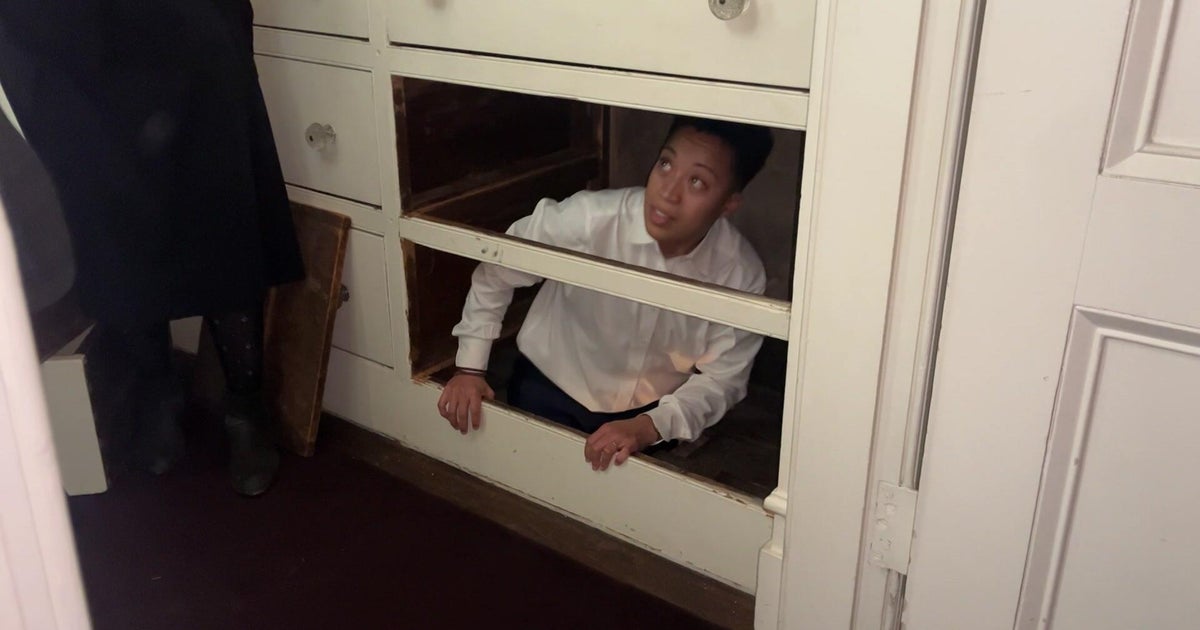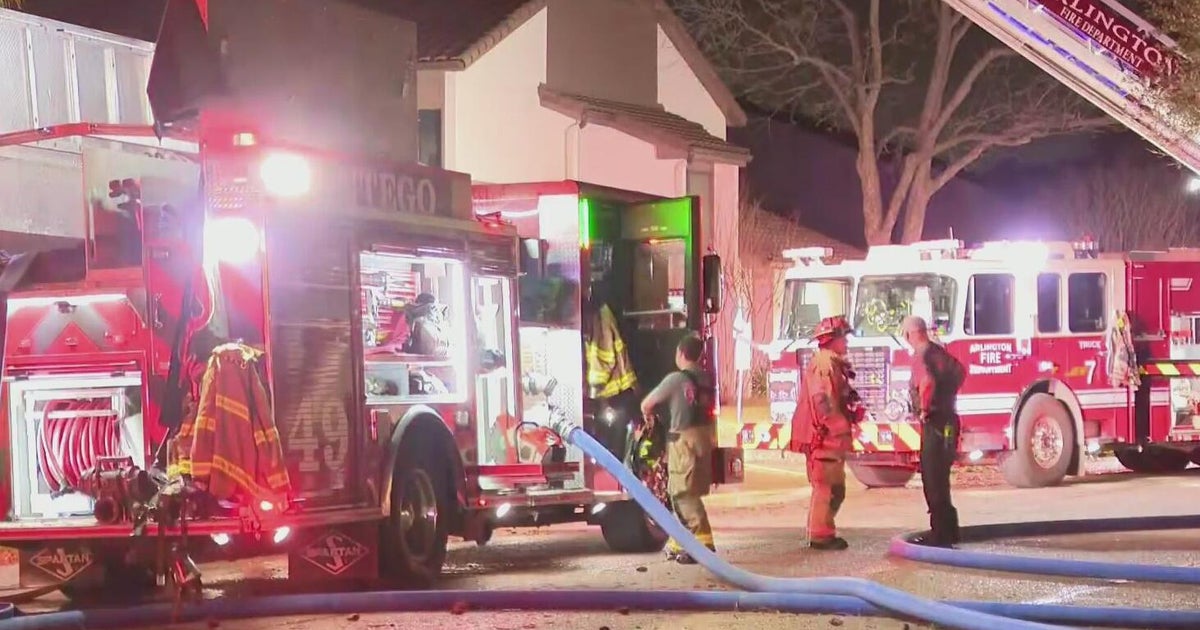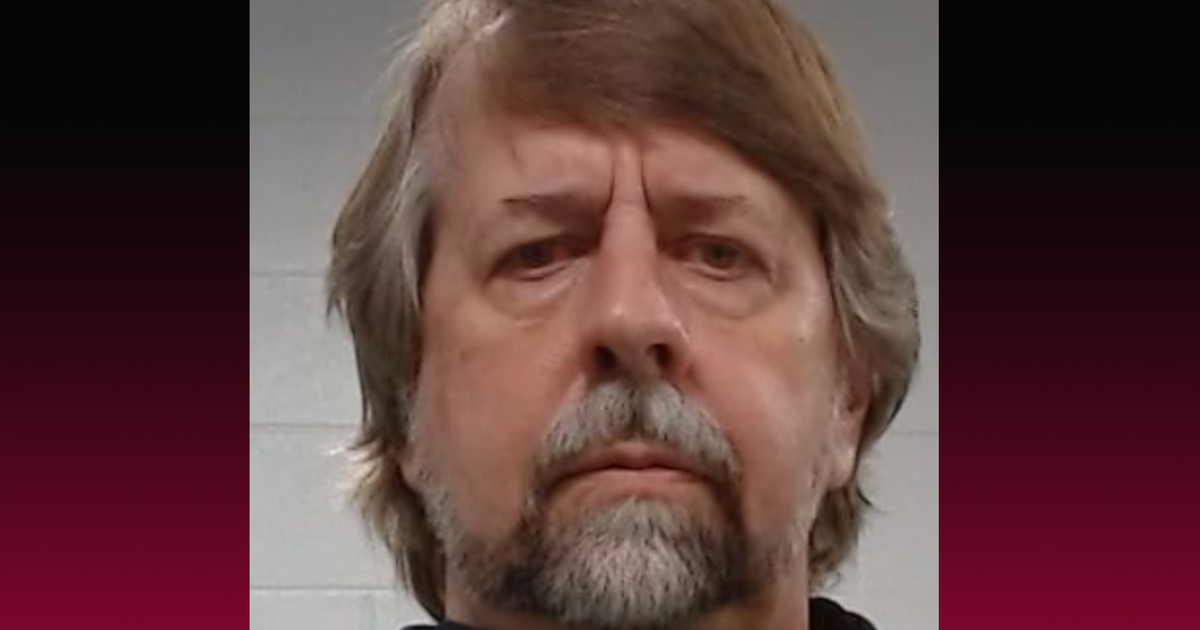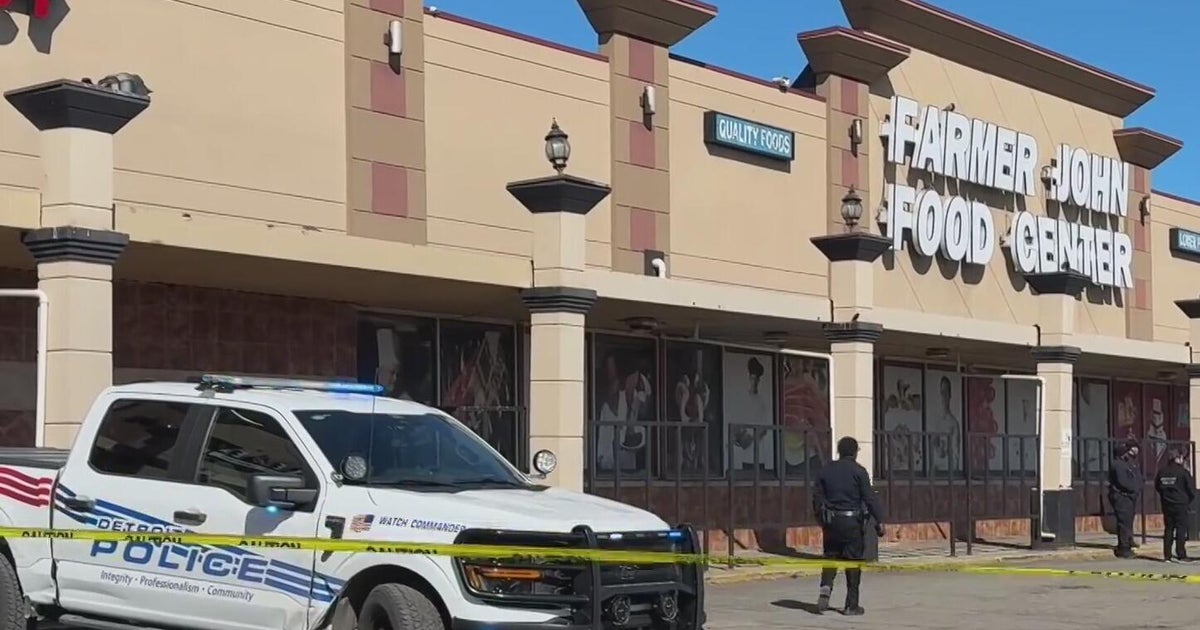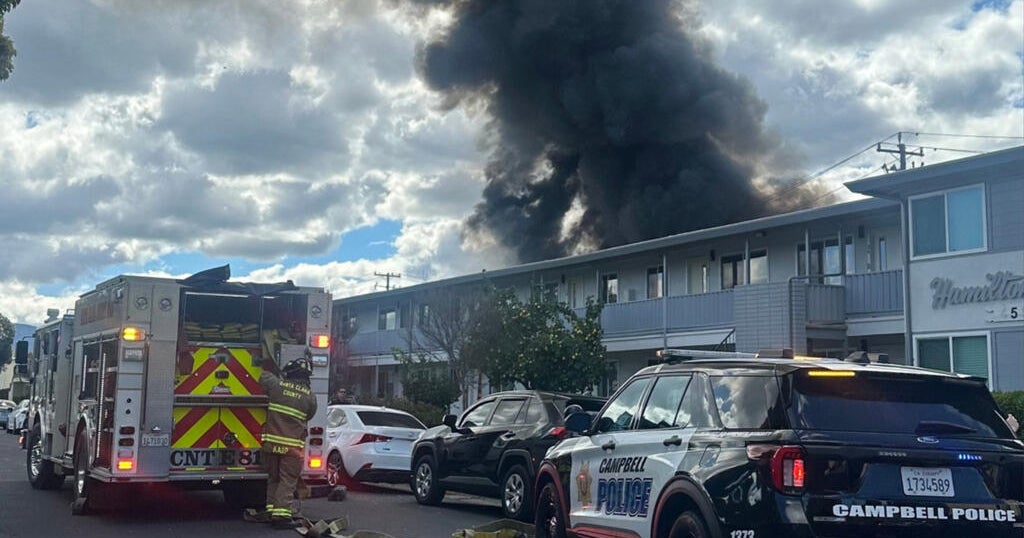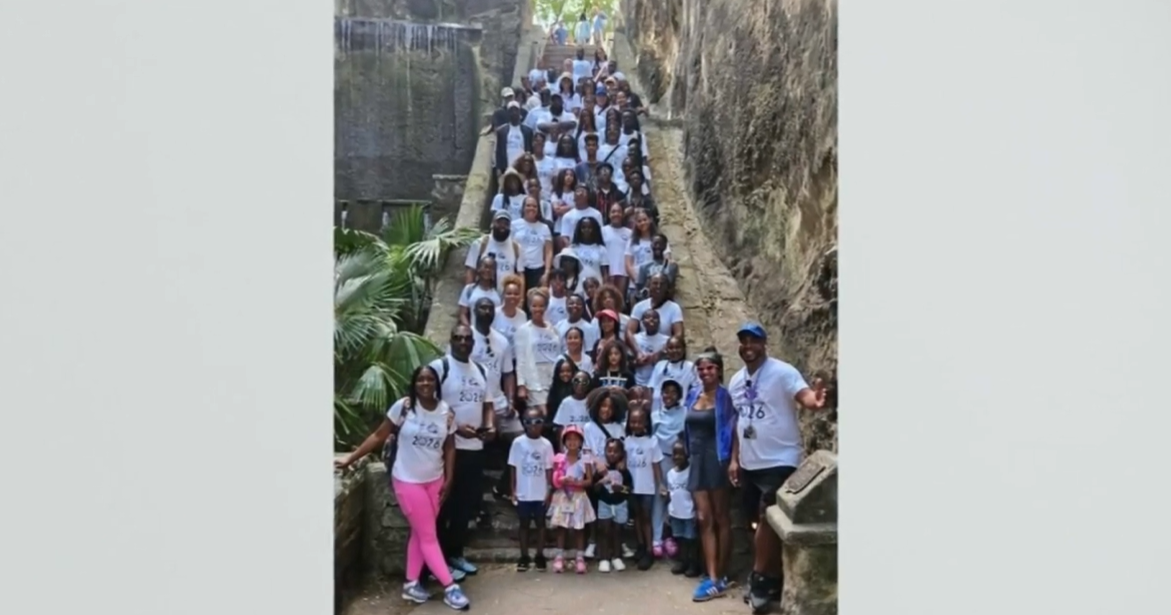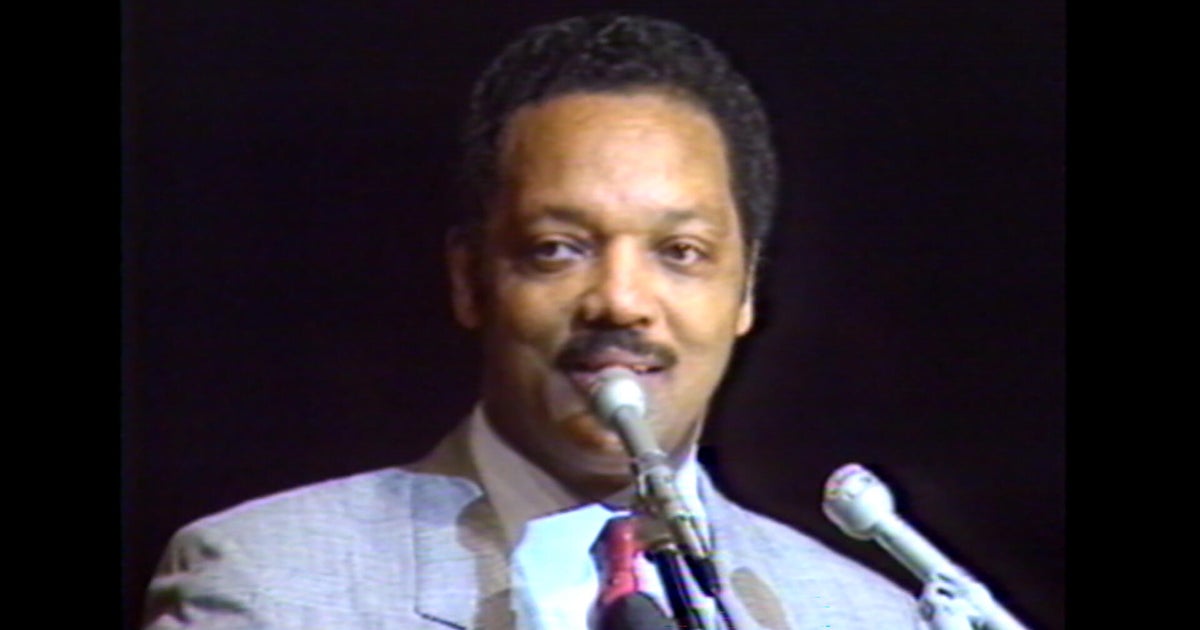Juneteenth commemorated at African Burial Ground National Monument in Lower Manhattan
NEW YORK -- Juneteenth was commemorated Monday at the African Burial Ground National Monument, which lies above the county's largest and oldest African American cemetery, in Lower Manhattan.
Juneteenth marks the day when news that slavery was abolished in America reached Texas in 1865, more than two years after President Abraham Lincoln signed the Emancipation Proclamation.
The African Burial Ground National Monument serves as the resting place for the area's earliest African American pioneers and an enduring testament to their history.
- Related Story: Juneteenth NYC Festival honors fathers at Prospect Park party
- Related Story: Broadway stars gather for Juneteenth concert
More than 15,000 free and enslaved African Americans were buried there. Every year on Juneteenth, the National Park Service holds a ceremony to remember the role these pioneers played in building the city.
"Children were used to do mass labor here. Their backs were bent, their bones were bent from how their backs were bent. They could see that. Of course the work here was tremendous," said Cyril Innis Jr., of Harlem.
Juneteenth has grown to highlight the resilience, solidarity and contributions of the Black community.
"I believe it's important that you remember the past, so the mistakes of the past are not repeated, and you understand that the freedoms and the liberties you have today, they shouldn't be taken for granted. You have to enjoy, you have to preserve those freedoms," said Jesse Walker, of New Jersey.
It is also a day to reflect on ancestral roots, which is why many said it was fitting to be present at the burial ground. The ceremony commemorated more than the emancipation of enslaved people.
"Put the word out there to show people when we were really free, not Fourth of July," said Shorell Stokes, of Bedford-Stuyvesant.
Drumming, singing and dancing during the ceremony teach kids there's more to the culture than what's taught in class.
"We only learned one week of Black history, which was slavery. And there's other good things about Black history, like we had kings and queens in Egypt," said Brooke-lynn Williams, of Brooklyn.
"Everyone should be about everyone's freedom, not just my group, this group, because we're not free until we're all free," said Robin Rollan, of the Bronx.
Families also had an opportunity to lay flowers on the burial mounds where more than 400 remains were reinterred.

